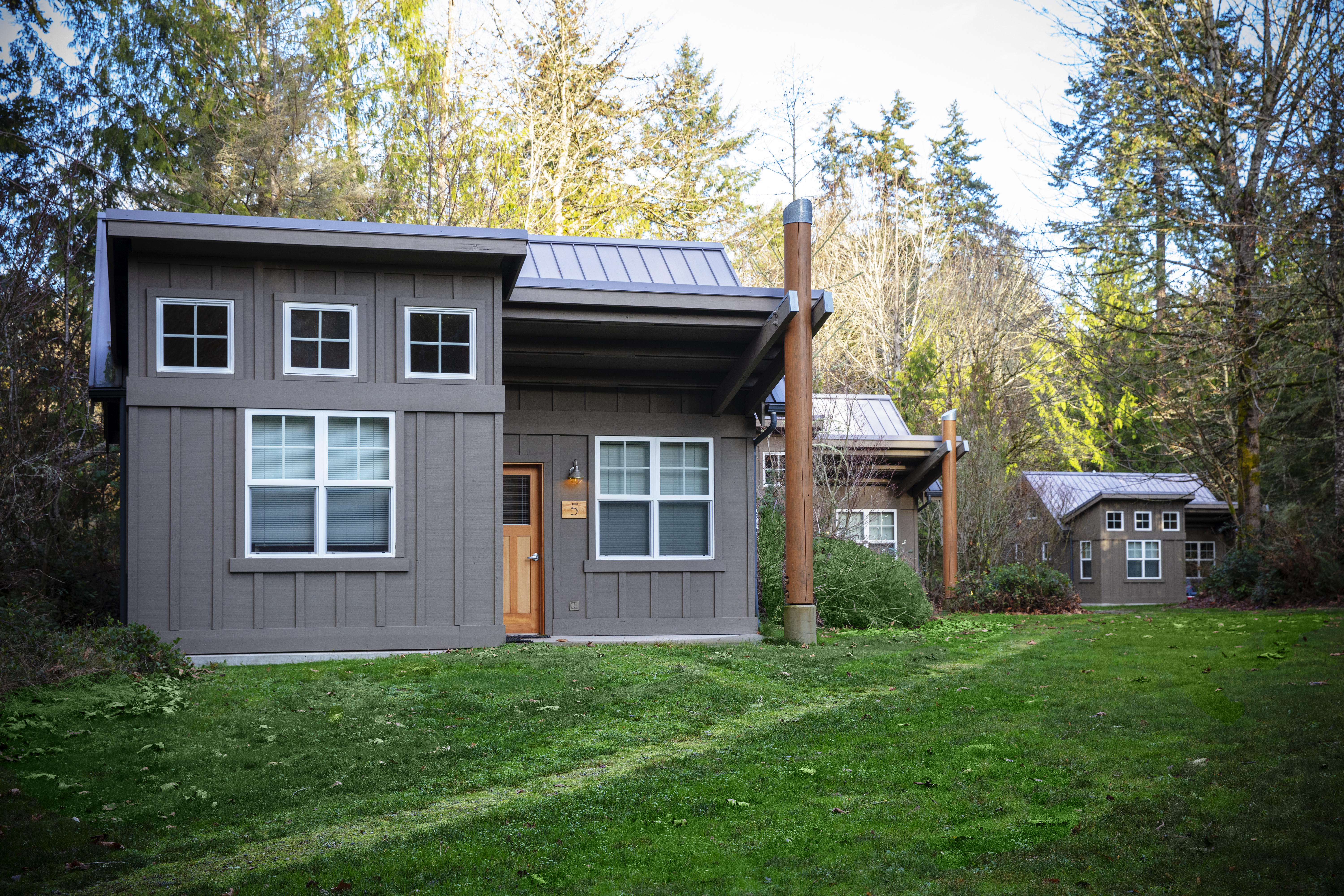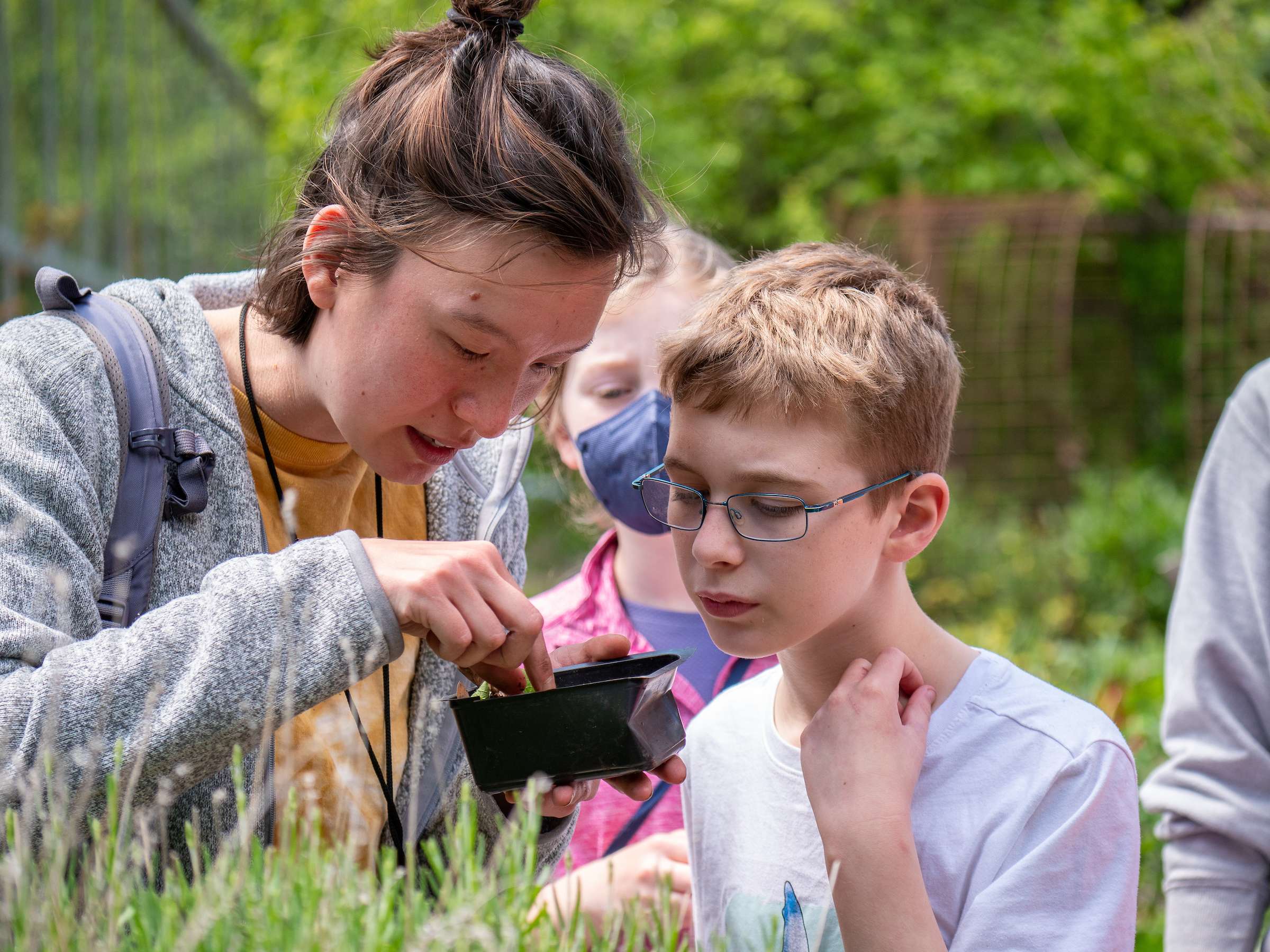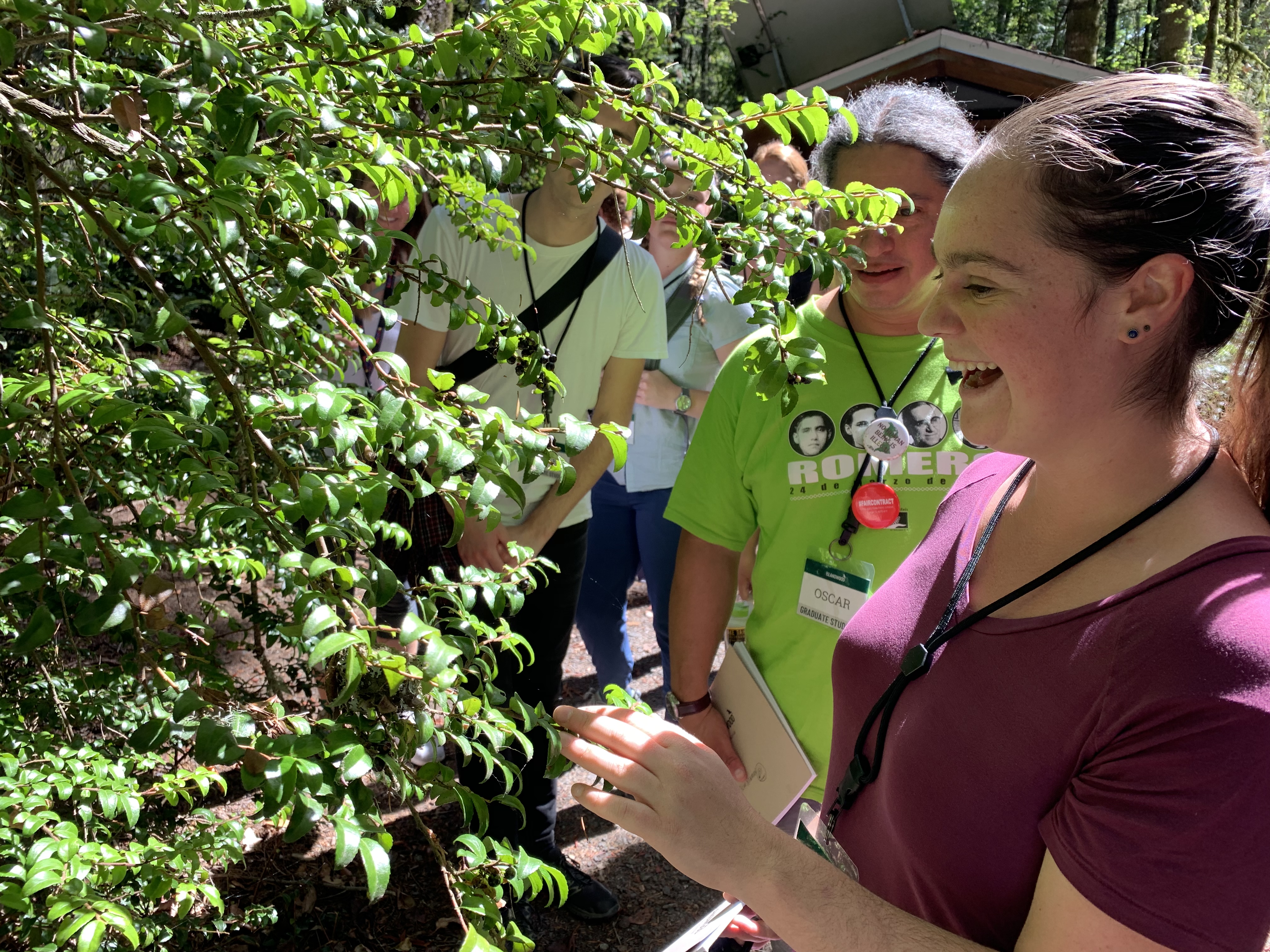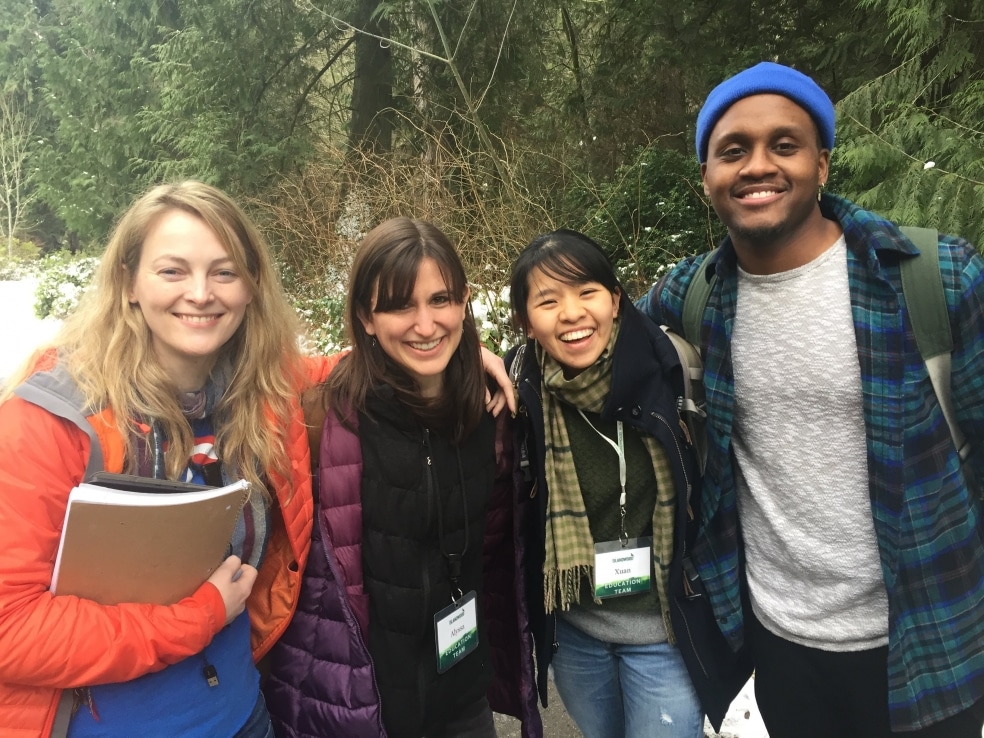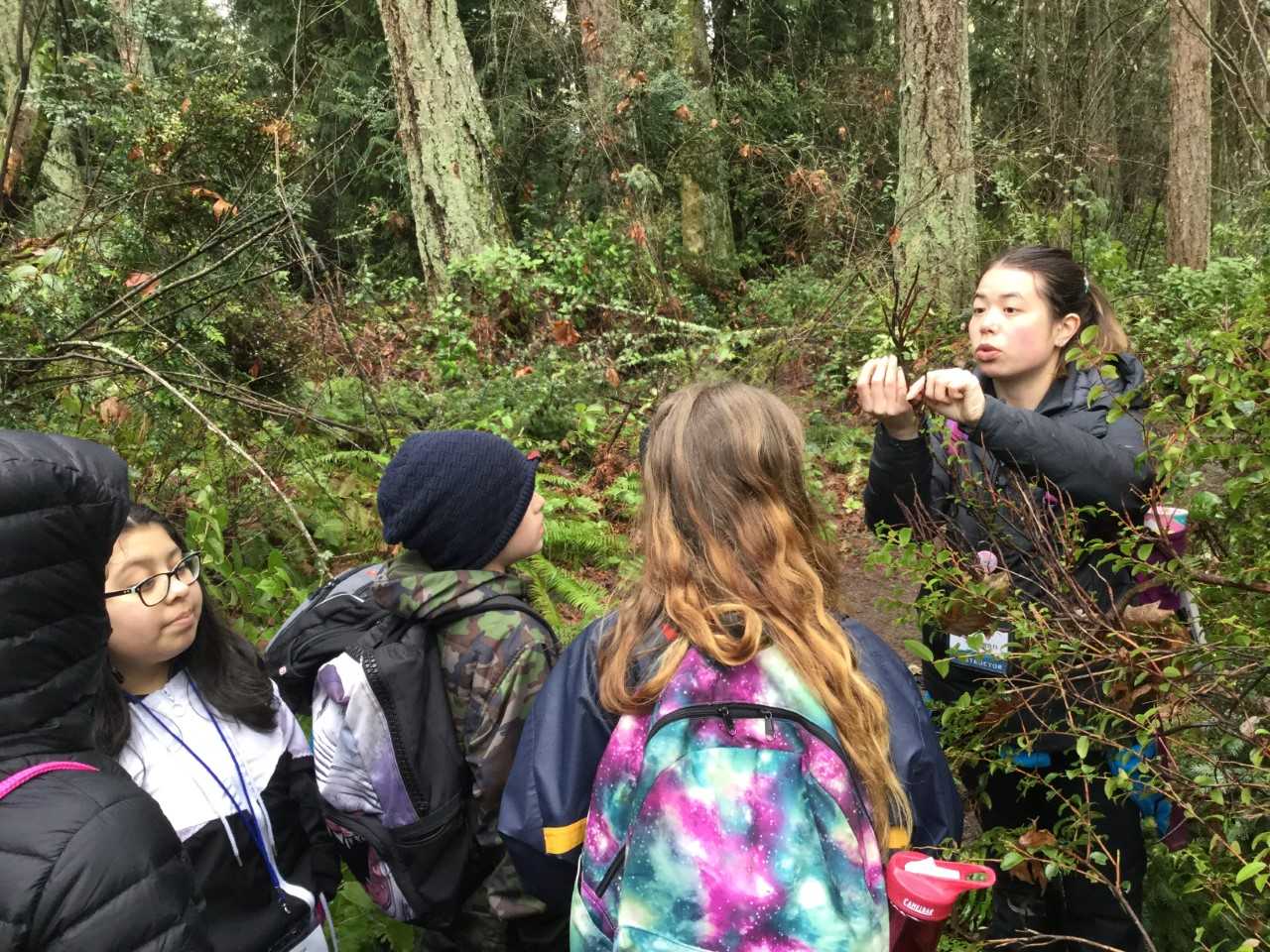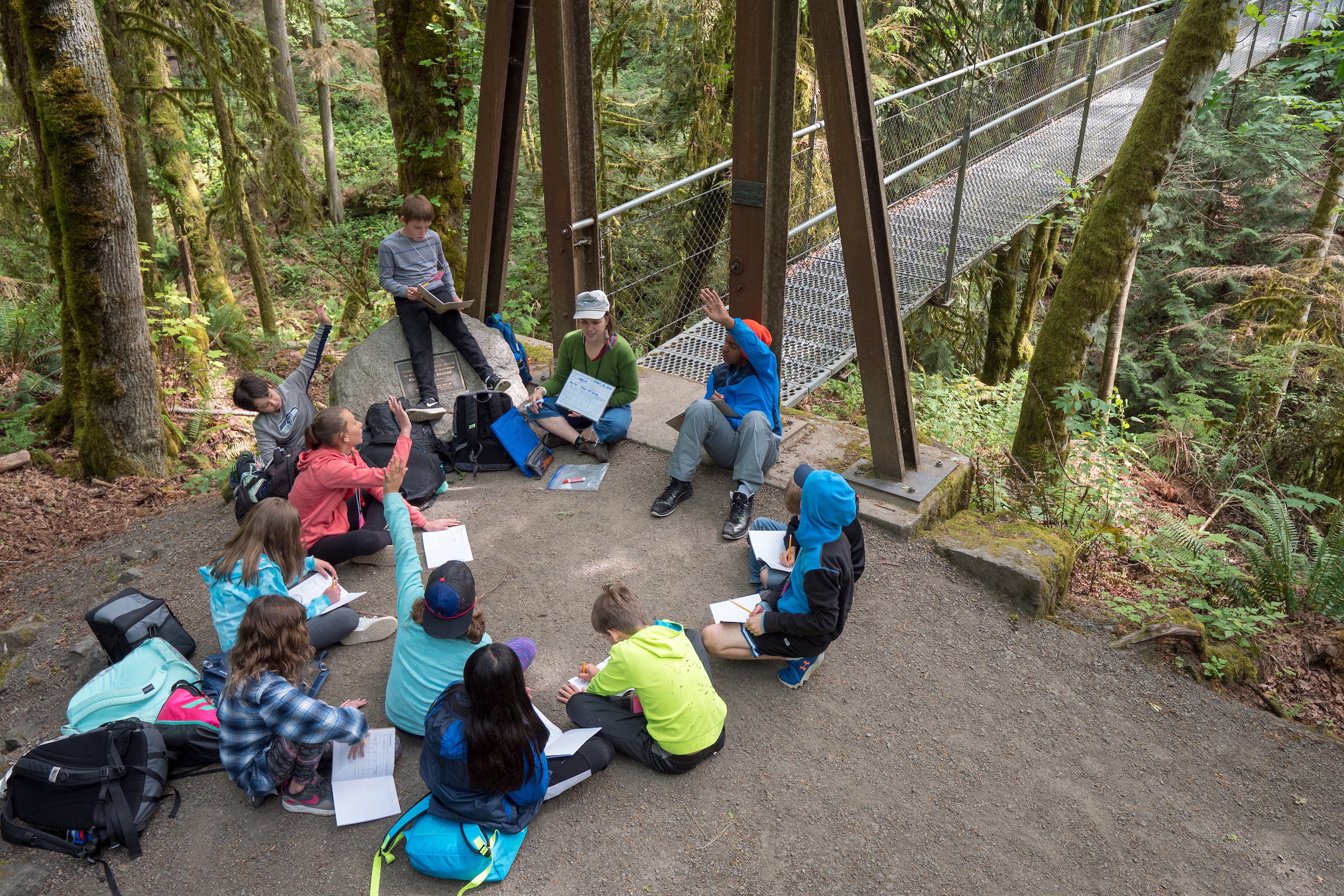JUSTICE, EQUITY, DIVERSITY, AND INCLUSION IN OUR GRADUATE PROGRAM
We’ve been working to incorporate justice, equity, diversity & inclusion (JEDI) into the IslandWood Graduate Program. We are continually growing and learning as a community of educators committed to the pursuit of justice as best practice within the field.

